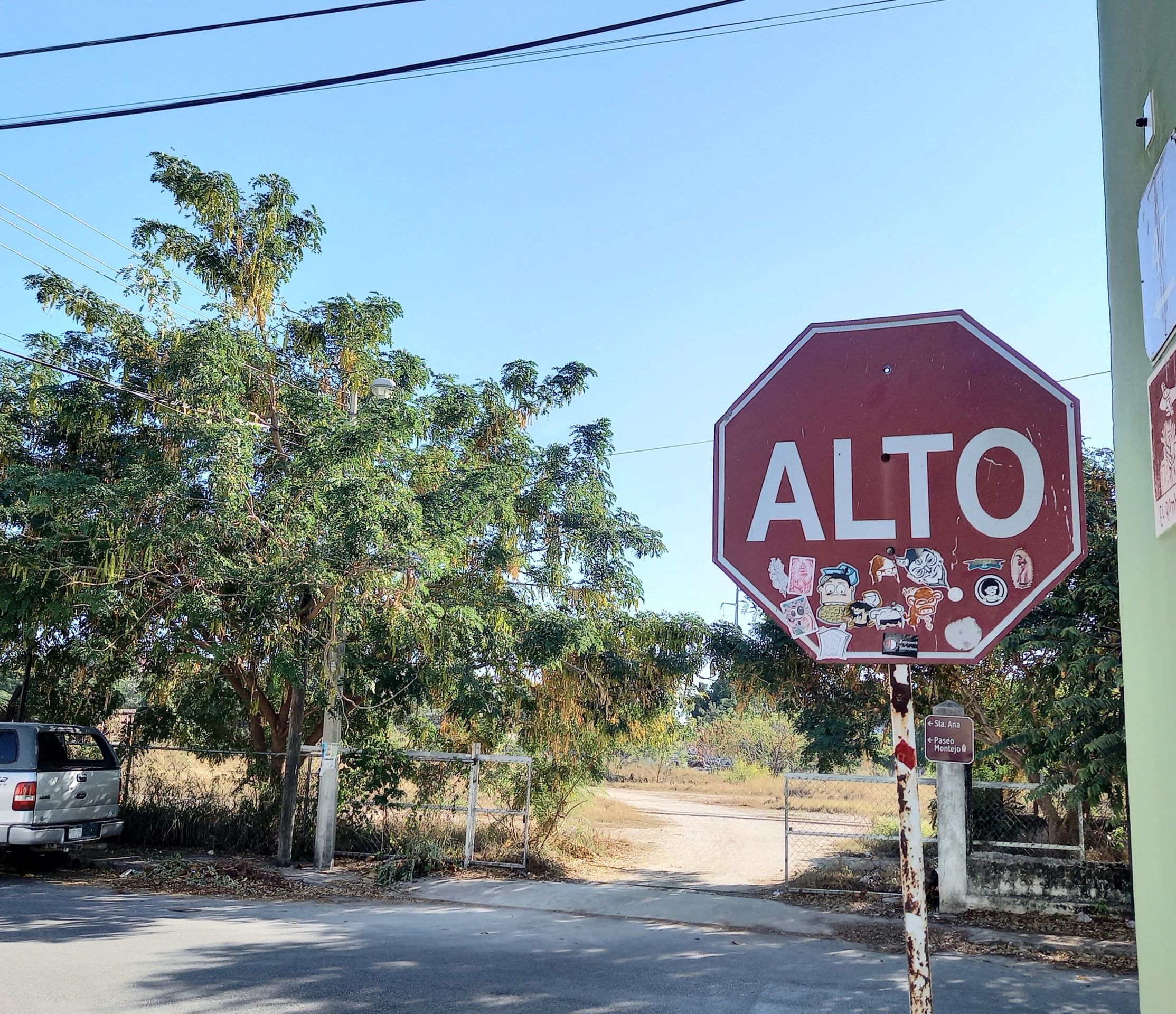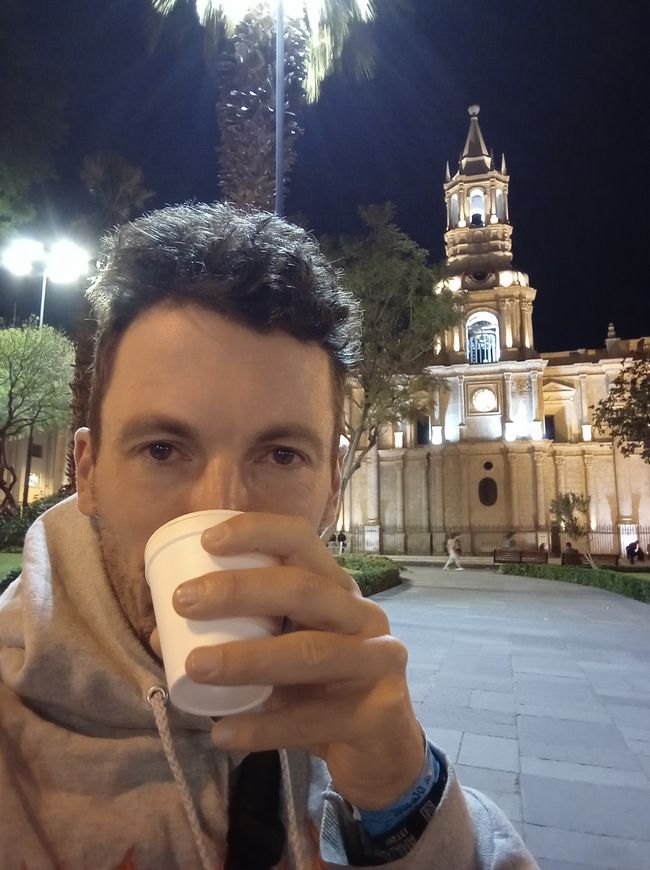Trakai and the heritage of the Karaites
Birt: 30.06.2023
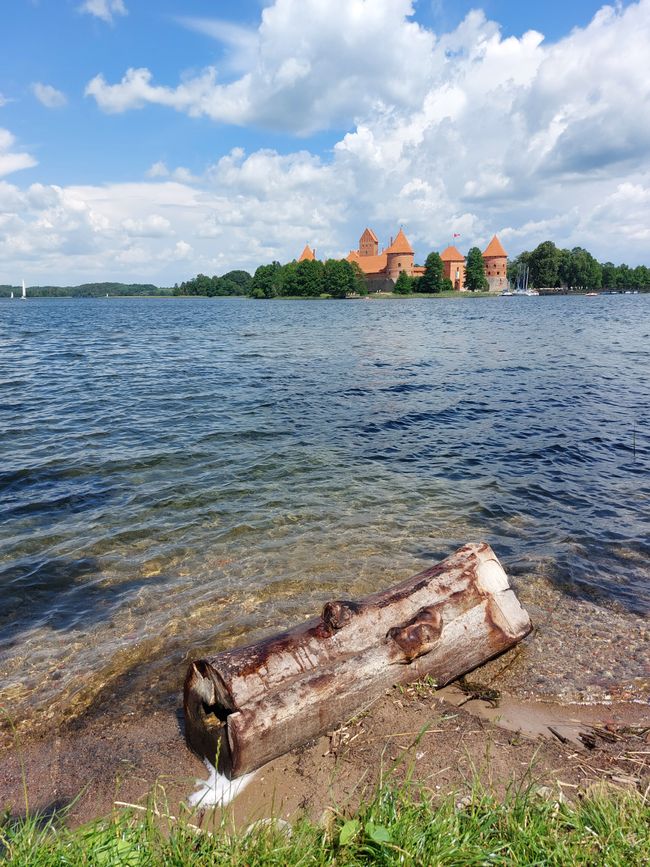
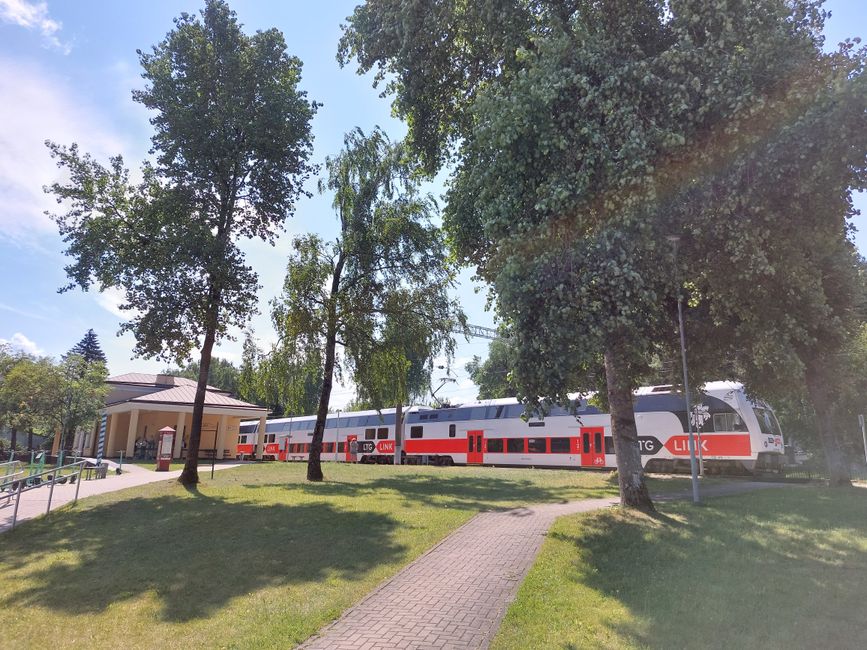
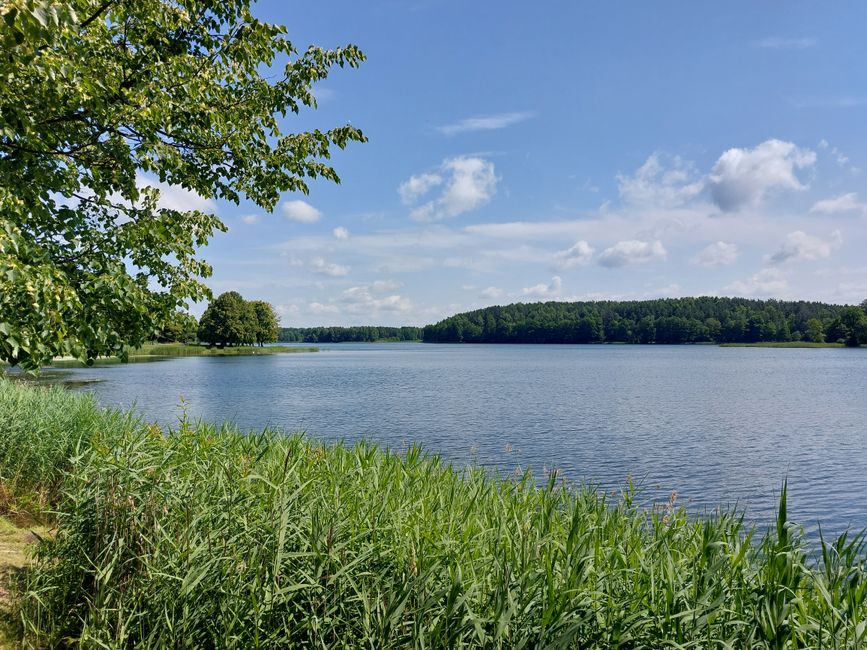
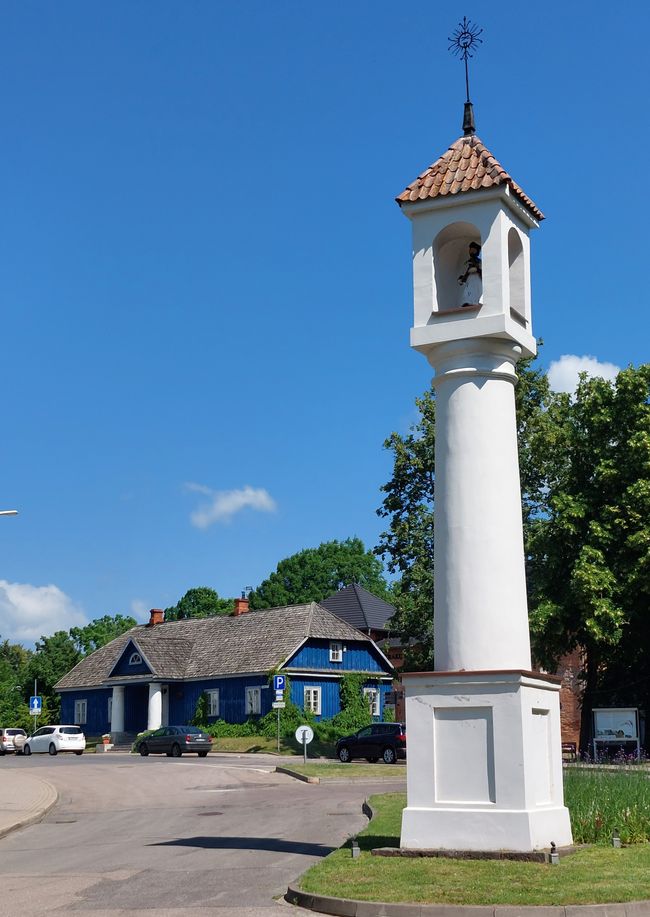
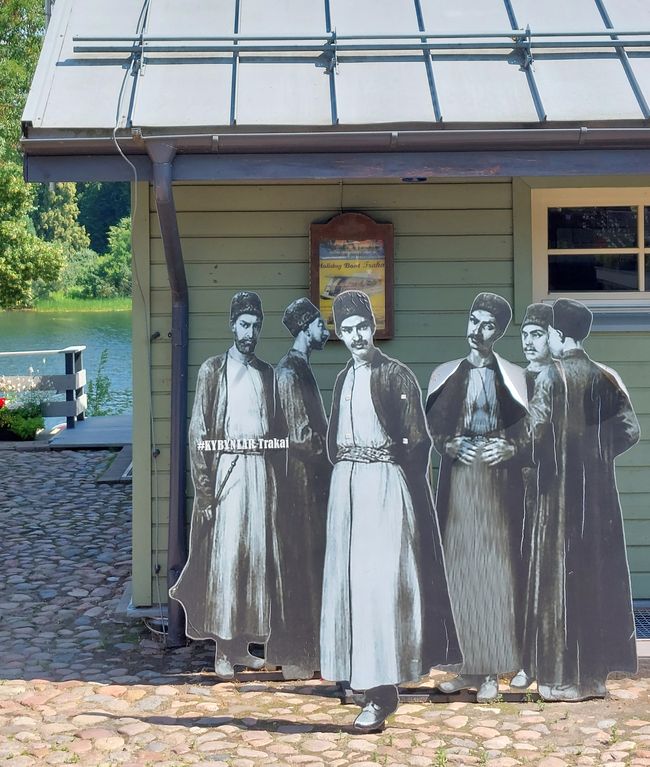
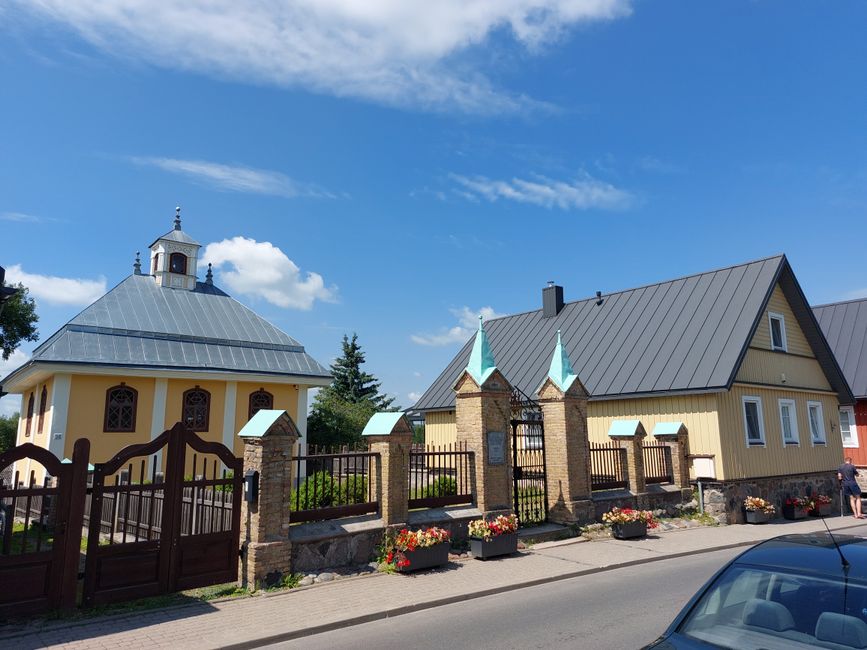
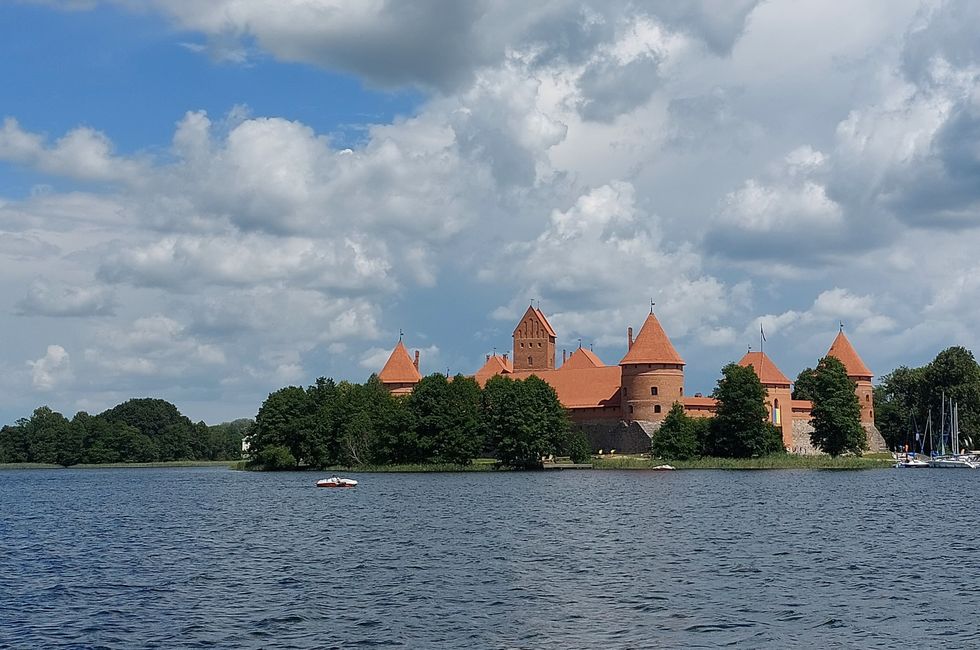
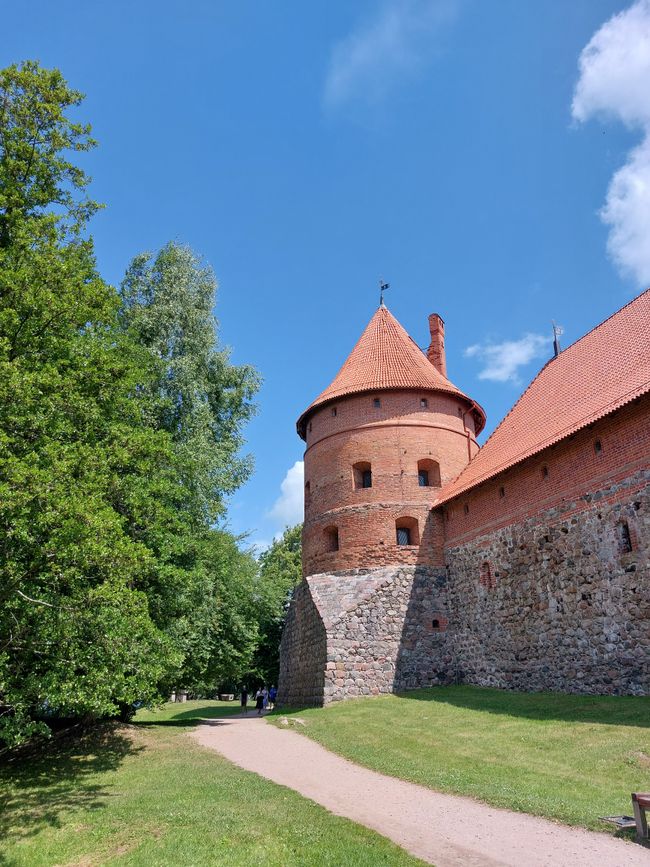
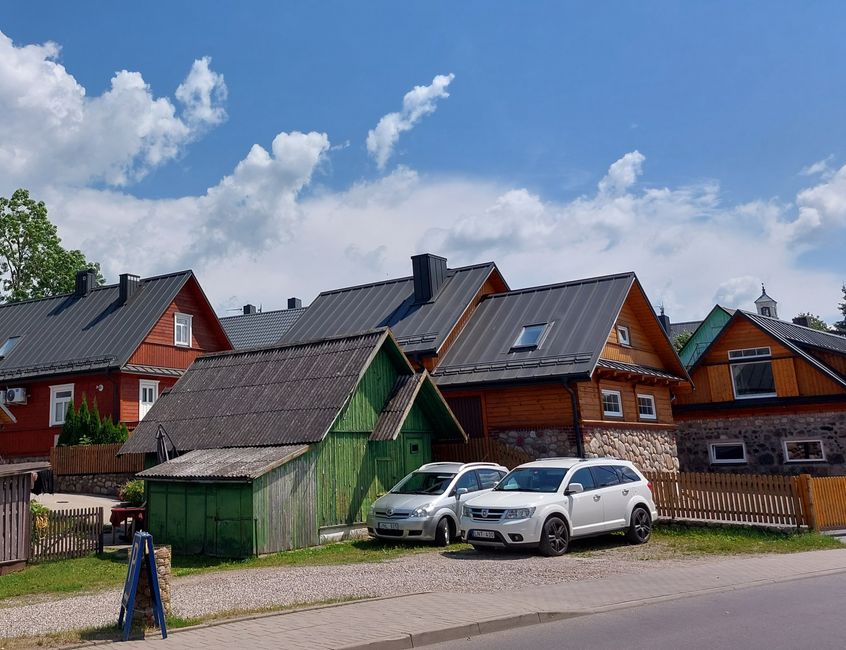
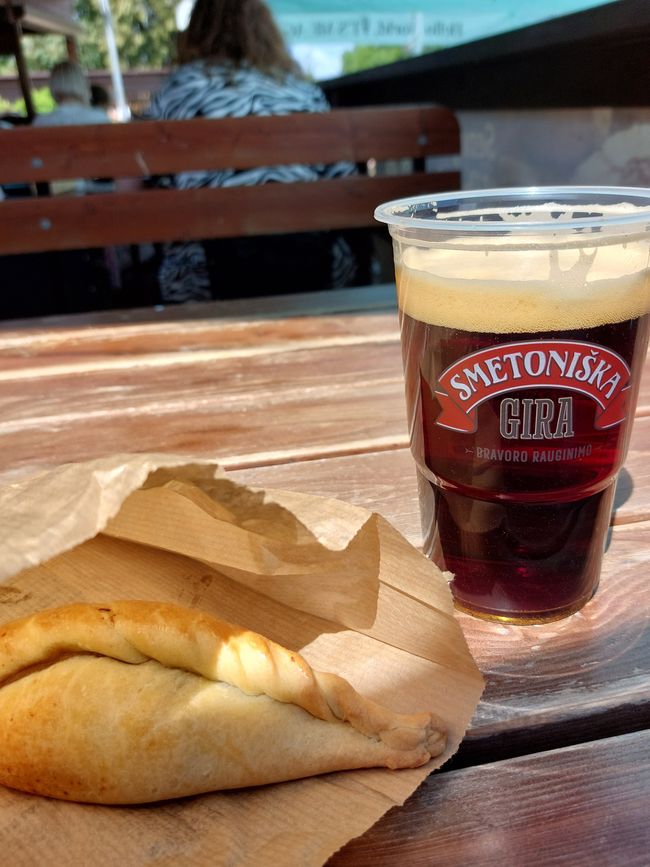
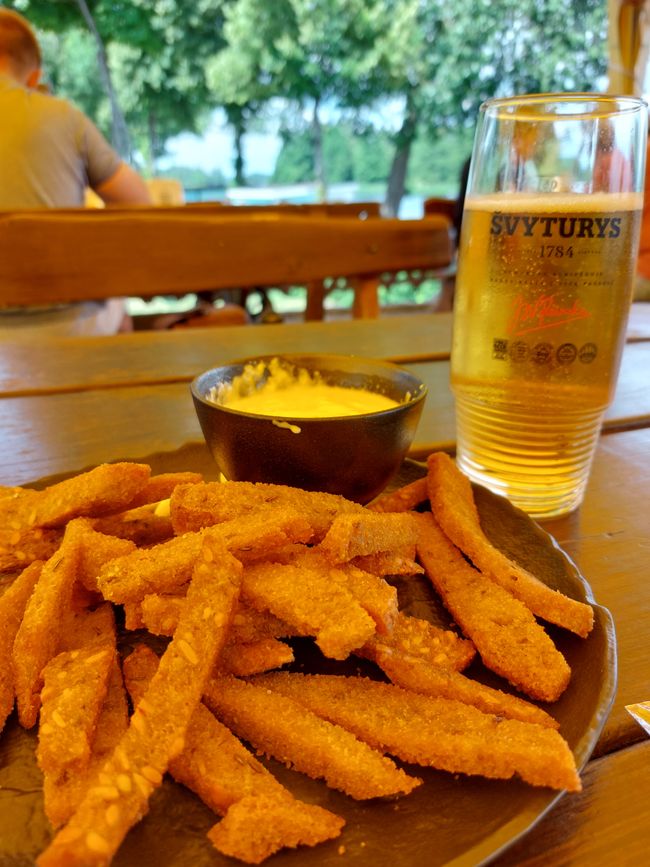
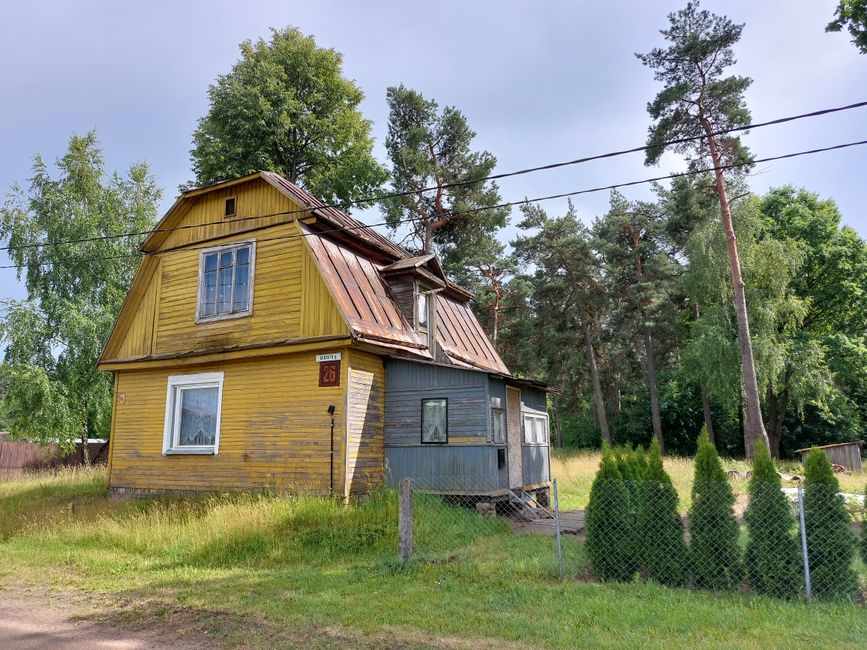
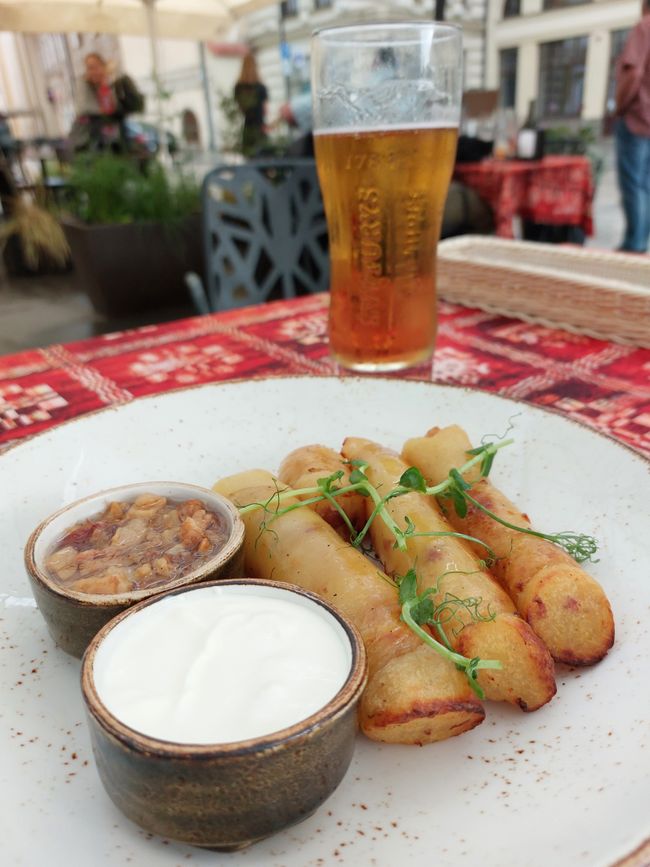
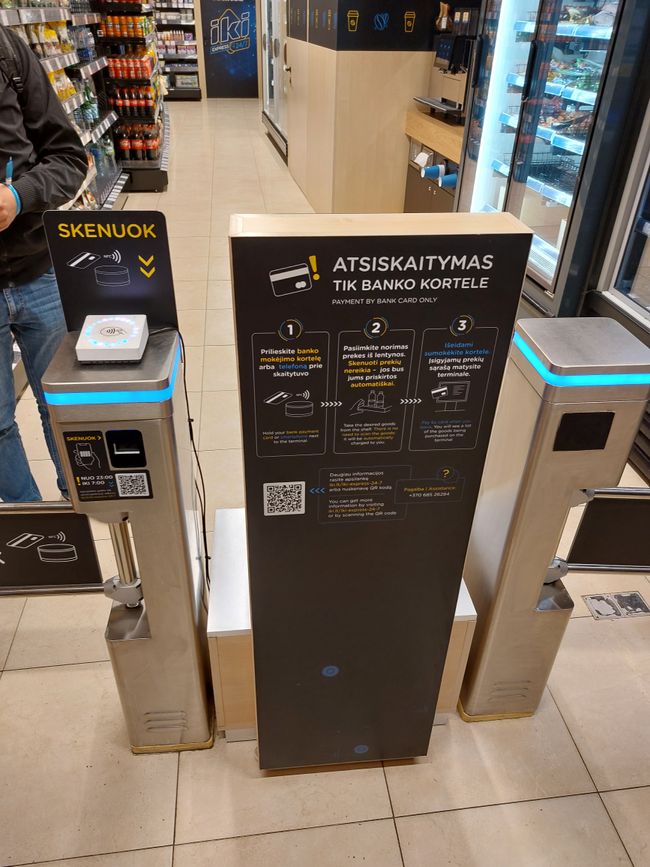
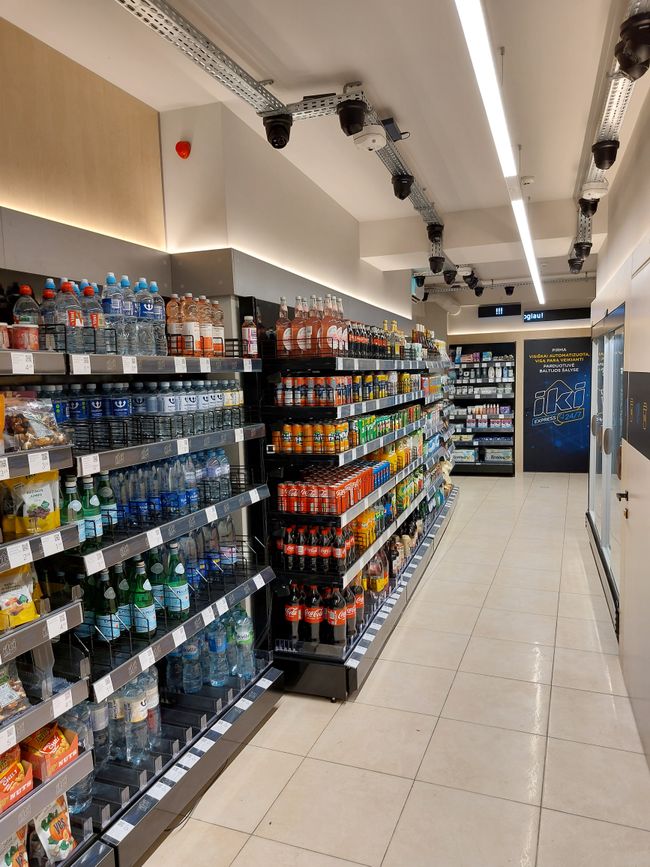
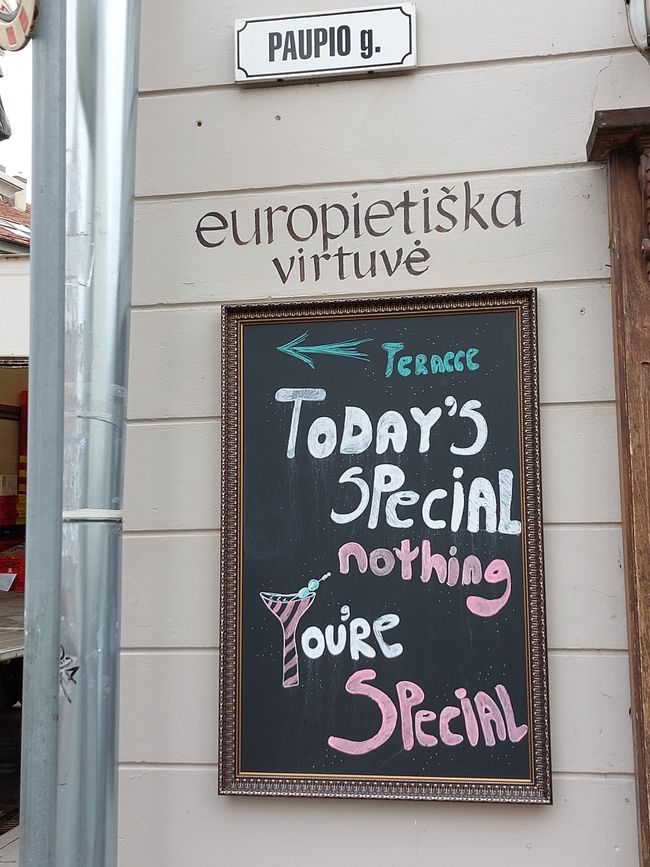
'Travel broadens the mind!' This old-fashioned and somewhat dusty saying can sometimes sound quite stale, given its overuse. Ultimately, a seasonal change of location rarely entails an obligation to expand one's own horizons, but rather an opportunity, a well-intentioned occasion.
I bought a ticket for 2.80 euros and made my way there on Thursday.
The solo traveler is blessed with plenty of free time. Since I decided to forgo a travel guide on my tour, the internet had to step in. Google maps helped me with orientation during the long bus and train rides, and Wikipedia provided the explanations. Additionally, I came across the very informative blog
On the first morning, I got stuck there while having coffee and croissant. I was particularly fascinated by the history of the Karaites. An Asian Turkic people who used the Hebrew Torah as the basis of their faith. The Jewish Tatars in Lithuania were spared from extermination by the Nazis because the racial fanatics were uncertain about their racial classification.
The stronghold of the Karaites, who settled in the region around 1400 when Lithuania reached the Black Sea, was the town of Trakai, half an hour by train from Vilnius.I bought a ticket for 2.80 euros and made my way there on Thursday.
Svaraðu
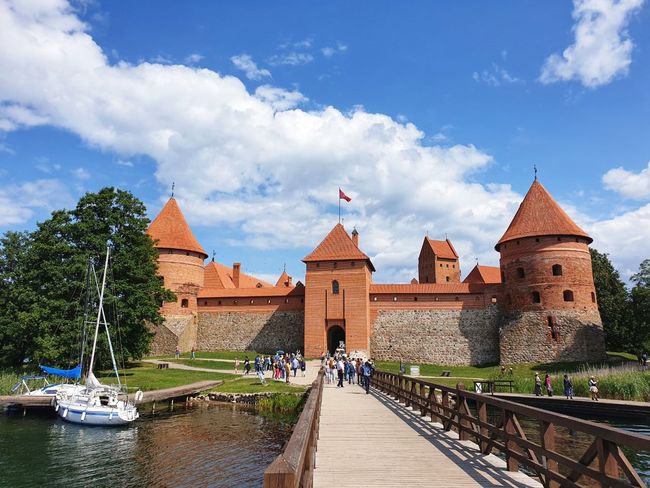
Ferðaskýrslur Litháen
